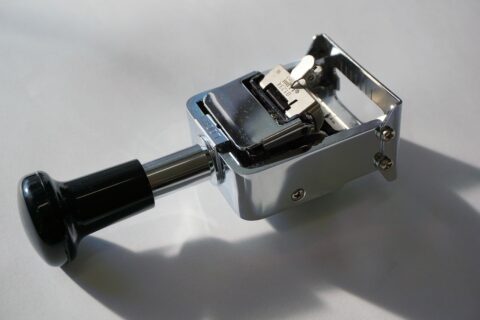Dishonour of cheque : Lack of income can be ground to rebut claim of existence of debt
By Nikita N. Chitale
Facts of the case
In the case of K. Subramani v. K. Damodara Naidu (Manu/SC/1031/2014), the respondent/complainant and the appellant/accused were co-workers as lecturers in a Government College in Bangalore. According to the complainant, he lent a sum of Rs. 14 lakhs to the accused as loan in cash on December 1997. The accused was in need of this monetary help because he intended to commence a granite business and he promised to return the same amount with 3% interest per month on demand. The accused issued a post-dated cheque for a sum of Rs. 29,12,000/- which included principal and interest for assurance.
Prior to the due date of aforementioned cheque, the accused requested the complainant not to present the same and asked for an extension of time of another three years for requiting the loaned amount with interest.
The accused then after three years issued a cheque dated August, 2005 for a sum of Rs. 73,83,552/- which included principal and interest. The complainant presented the aforementioned cheque for encashment to the bank and realized to his disappointment that it was dishonored with an endorsement “fund insufficient”.
The complainant further issued a legal notice on September 2005 seeking for repayment with a time of 15 days from date of the receipt of the notice. The accused in response sent a reply although he failed to abide to meet the demand. The complainant then lodged a complaint U/s. 138 of Negotiable Instrument Act (“N.I. Act”), against the accused.
Trial Court & High Court
The trial court dismissed the complaint on the ground that based on the material facts on record the complainant had no source of income to lend a sum of Rs. 14 lakhs to the accused and the complainant failed prove that there is any legally recoverable debt from the accused to him. Displeased by the judgment of the trial court the complainant appealed to the High Court and the appellate court heard the appeal along with nine other appeals.
The High Court cast two legal issues per se which are:
1. Whether an action U/s. 138 of NI Act for dishonor of cheque requires the complainant to establish his financial capacity to lend money?
2. Whether the presumption U/s. 139 of N.I. Act accrues to the benefit of the complainant unless the accused rebuts that presumption?”
Banking upon the ratio laid down by the Supreme Court in Rangappa vs. Sri Mohan[1], the High Court answered the former in negation and the latter in affirmation. In this case, the Supreme Court laid down that Section 139 of the NI Act lays down a presumption that there exists a legally enforceable debt, which can be rebutted by the accused. . The High Court suspended the trial courts’ judgment on the ground that the trial court was wrong to dismiss the complaint on the ground that the complainant has not proved his financial capacity to lend the money and remanded the matters back to the respective trial courts.
Supreme Court
Aggrieved by the judgment of the High Court, the accused filed an appeal in the Supreme Court. The counsel of the appellant / respondent contented that the High Court wrongly bunched 10 criminal appeals. The counsel contented that the trial court never proceeded on the assumption that the presumption U/s. 139 of N.I. Act would benefit the complainant only if he proves his financial capacity. On the contrary, the trail court found that the accused rebutted the presumption by placing a-cogent evidence that there was no legally recoverable debt and it was not within the complainant’s financial ability to lend a huge amount of Rs. 14 lakhs.
The two Judge Bench of the Supreme Court observed that the High Court failed to consider the merits of each case while remanding back to the trial court. The Supreme Court held that the trial court’s conclusion that the complaint does not have the source of income to lend Rs. 14 lakh was based on the proper examination of the material on record. Hence, the appeal was allowed and the order of acquittal by the trial court was maintained.
The Supreme Court held that based on the materials on record and oral evidence the trial court was right in holding that the complainant had no source of income to lend a sum of Rs.14 lakhs to the accused and that the complainant failed to prove that there is legally recoverable debt payable by the accused to him. Hence, the appeal was allowed and the order of acquittal by the trial court was maintained.
[1] Rangappa vs. Sri Mohan ((2010) 11 SCC 441)
By entering the email address you agree to our Privacy Policy.



